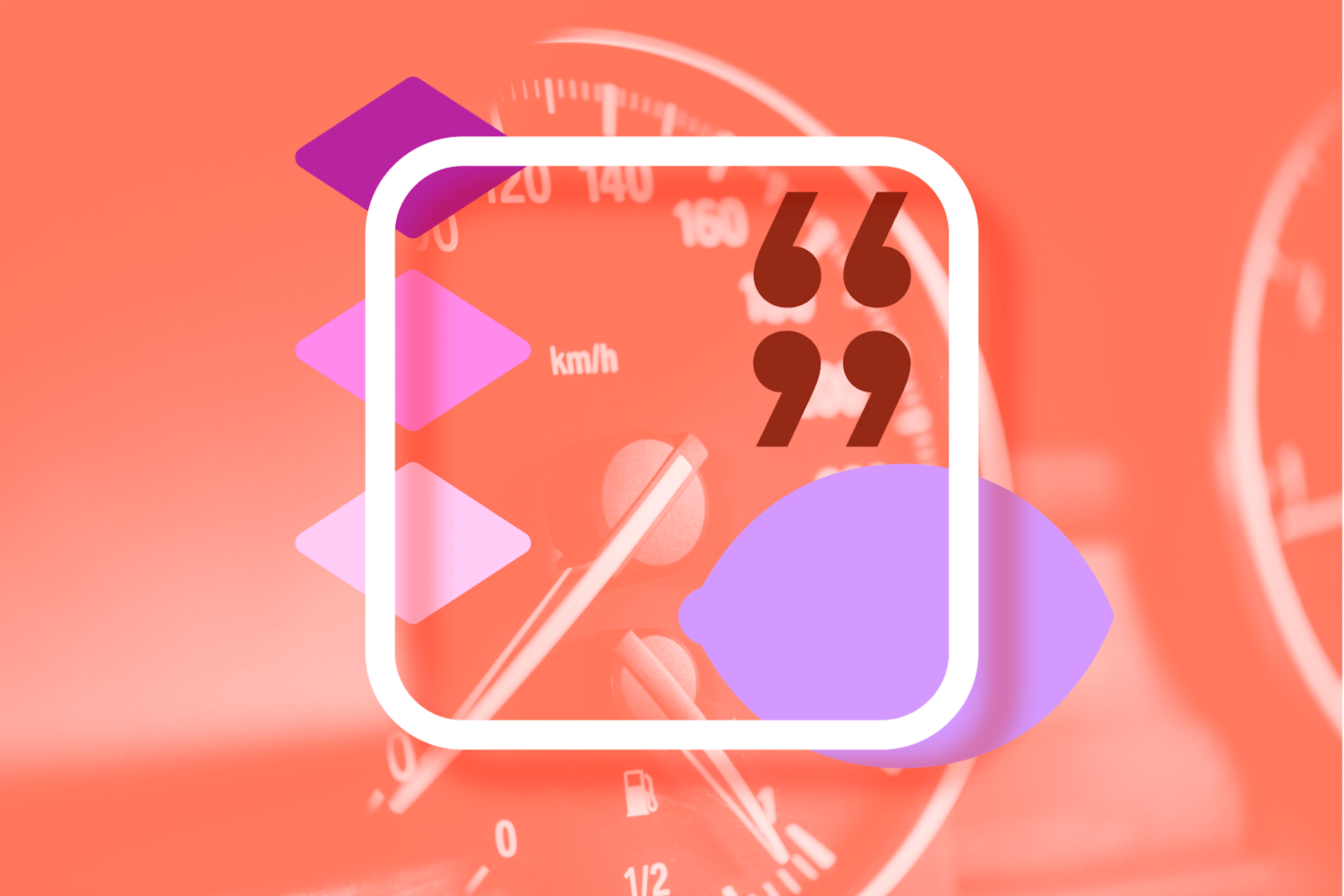Insurance terms to get you started
Buying insurance? It’s important to know what you’re getting and what you’re agreeing to. A few key terms can help you make an informed decision—starting with these insurance basics.

Basic insurance terms
Premium: Your regular payment to the insurer, similar to how you pay for a subscription service or your internet provider. Premiums are based on your assets, history, and level of coverage. It’s important to keep up with premiums, or else your insurer probably won’t pay out if and when you need them. Premiums can be paid annually, which will often come with a discount, or periodically (monthly, fortnightly, quarterly).
Claim: This is when you ask your insurer to pay out because of an event. You’ll have to explain to your insurer what you’re claiming for and provide your policy number. Read what the Insurance Council of NZ has to say about making a claim.
Deductible/Excess: When you make an insurance claim, you chip in some money and your insurer covers the rest. The part you pay is called the excess. When you sign up for or renew your policy, you’ll choose an excess. This is a bit of a trade-off; you can often set a higher excess to reduce the amount you pay in your regular premium, or the other way around. Sometimes, your insurer might set your excess higher anyway if you’re considered to be high-risk. Explore more on excess.
Policy terms
Policy: The document that sets out the terms of your agreement with your insurer—essentially a contract. This is your go-to reference and lays out what you’re covered for, your responsibilities, how to make a claim, etc.
Coverage: The things your insurer will pay out for. Your level of coverage falls into different categories depending on the type of insurance (e.g. car, business, health, and so on).
Policyholder: The person who takes out the insurance policy (sometimes called the policy owner). This could be different to the person who’s actually being insured, as often people are insuring their family or loved ones. You can also have joint policies where there’s more than one policyholder.
Policy schedule: A detailed record that your insurer gives you when you start or renew a policy. You’ll find all the important details here, like what kind of cover you have, your excess and premiums, plus any special extras or conditions of your individual policy. You’ll usually read this alongside your policy document to fully understand what you’re covered for.
Your rights and obligations
Exclusion: This describes a scenario where your insurer won’t pay out. One common example is making a health insurance claim relating to a condition or symptoms that you knew about before you took out the policy—this won’t get paid out. Some exclusions are a standard part of most policies, and others might be specific to you and your circumstances.
An exclusion might also kick in if you don’t follow the rules. You have to be honest with your insurer when you provide the information that they base your policy on. This is referred to as your “duty of disclosure”, which means it’s your responsibility to share all the details that could influence a reasonable insurer’s decision to cover your risk. You also have to take “reasonable care”—you can’t expect to make a claim after leaving your car unlocked all night or letting off fireworks indoors.
Terms for specific types of insurance
Car
Third party: This is your first line of defence. This won’t cover any damage to your own vehicle, but if you’re in a fender bender, your insurer will pay for damage to the other person’s vehicle.
Third party plus (fire and theft): Protection from fire, vehicle theft or attempted theft, plus the benefits of third-party.
Comprehensive coverage: This is basically what it sounds like—protection for your vehicle, other vehicles, towing, theft, and more. There can still be exclusions, but this is your most thorough option.
Agreed car value: The maximum amount that your insurer will cover your car for if there’s an event. This is set when you first purchase your policy, and reviewed when you renew (or sometimes even during the policy term). As your vehicle gets older, the agreed value will typically be revised to be lower—it’s supposed to be enough for you to buy an equivalent vehicle in roughly the same condition.
See more about the three classes of car insurance from the Insurance Council.
Life and health
Beneficiary: This is the person who you’ve nominated to receive your assets if you pass away.
Term vs. whole life insurance: Term means that your policy has a time limit (this could be annual or tied to something like your mortgage) and needs to be regularly renewed. Whole life or whole-of-life is an older model where the insured person would pay one lump sum at the start of the policy, which would be invested on their behalf and pay out at a (presumably) appreciated value when they die. This model no longer exists in New Zealand.
Premium loading: This is when your premiums (regular payments) are higher because your insurer thinks the risk of you needing to make a claim is higher. The “loadings” refer to the amount added on top of the standard premiums for your demographic. These risk factors could be a health condition like high blood pressure, or something external like working a dangerous job.
Total and Permanent Disability (TPD) insurance: This means you’re insured for a single “lump sum” payment if you get sick or hurt and can’t work anymore. This might go towards medical costs, helping you pay off debts, or shoring up your retirement fund.
Home and contents
Sum insured: Your maximum payout based on all the assets you have insured, if they were all destroyed.
Reinstatement: This means that if your home takes a hit, your insurer will only pay to restore your home to the state it was previously in, so no upgrades or improvements.
Indemnity vs replacement: Indemnity means your insurer will cover the item's value at the time before it got lost or damaged, taking into account how old it was and the condition it was in. Replacement means they’ll just pay out for a new one. There can be a big difference in value between these two, so pay attention to this! This can also apply to a car, phone, or other valuables.
That’s enough to start you off! Remember, if you’ve reviewed these definitions and you’re still unclear on anything, you can ask your insurer—they have a responsibility to provide info in plain English and to answer your questions.
Ok, now for the legal bit
We don’t provide personalised advice or recommendations. Any information we provide is general only and current at the time written. You should consider seeking independent legal, financial, taxation or other advice when considering whether obtaining insurance is appropriate for your objectives, financial situation or needs.
Join over 930,000 customers



